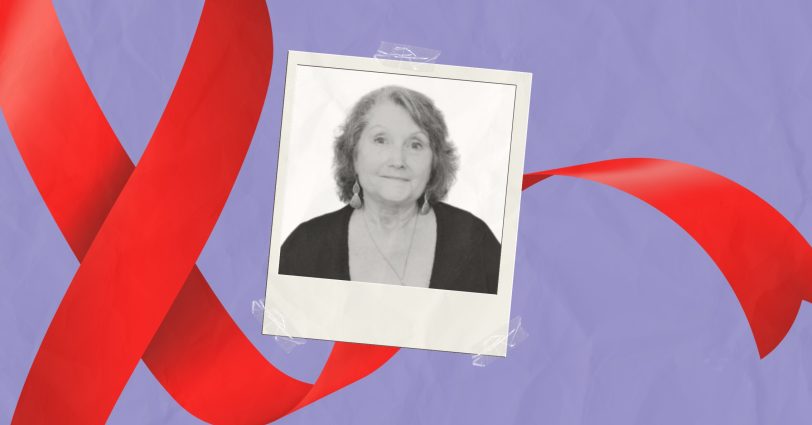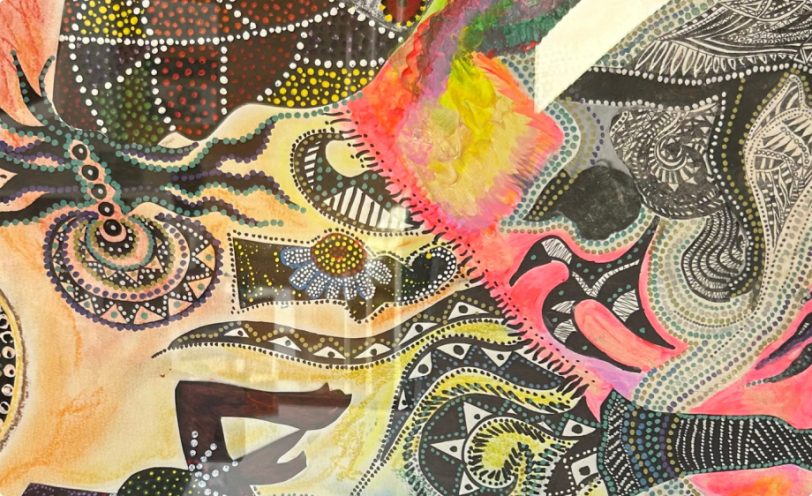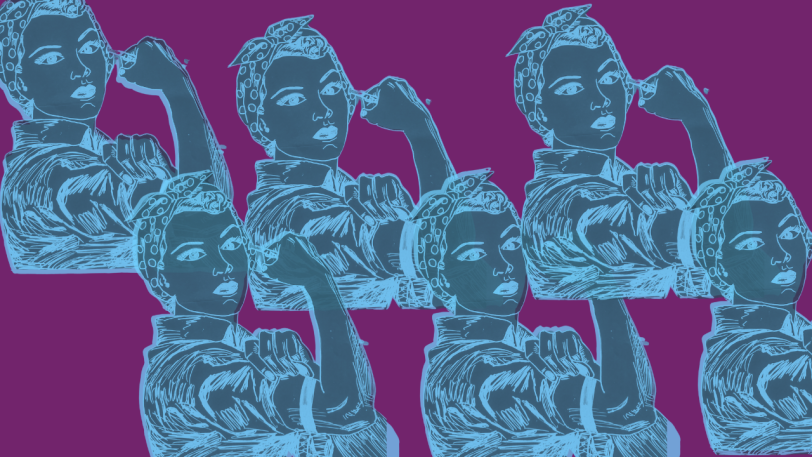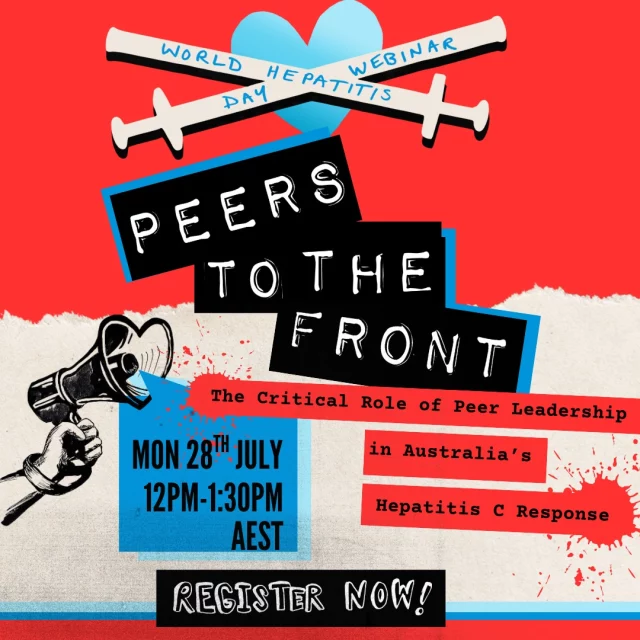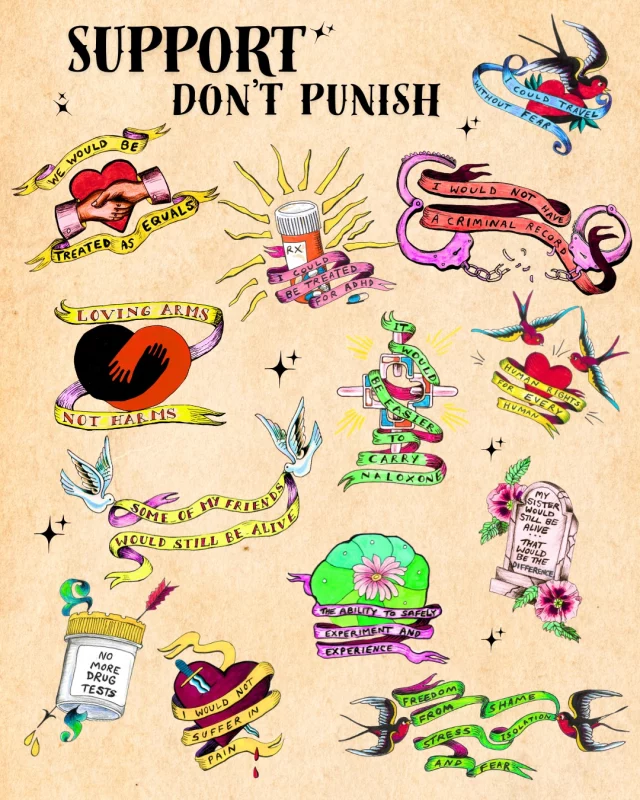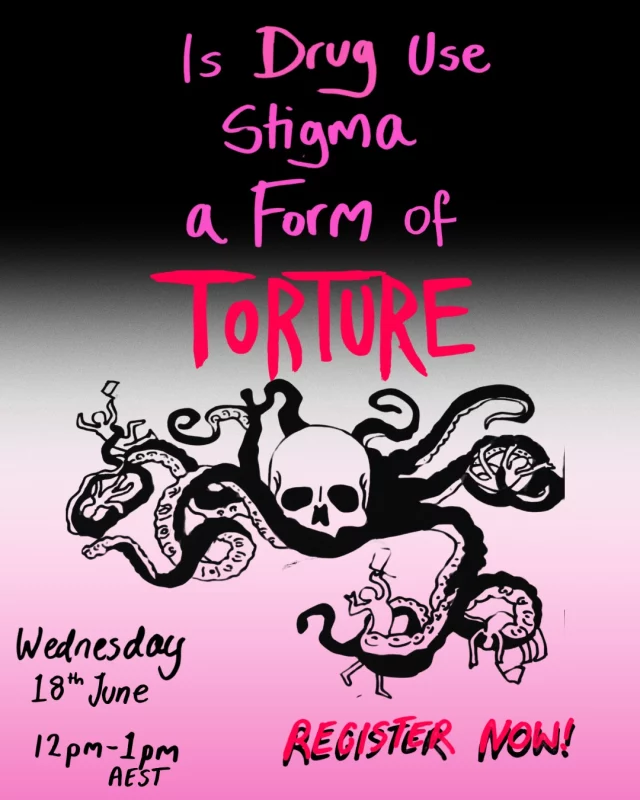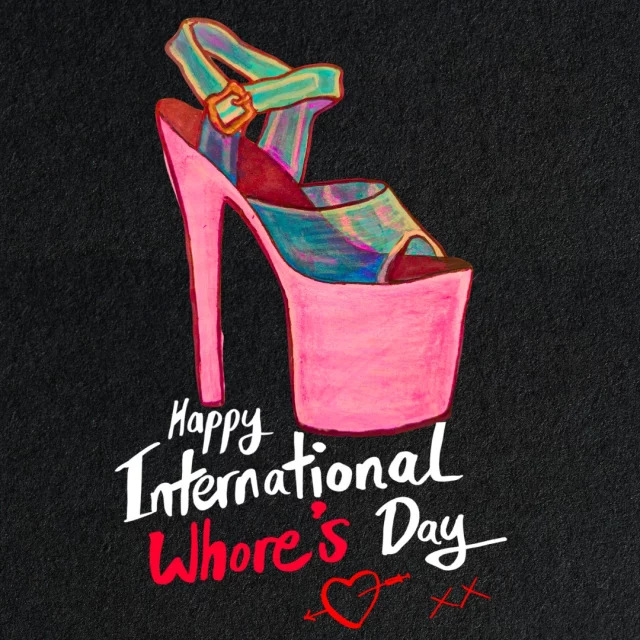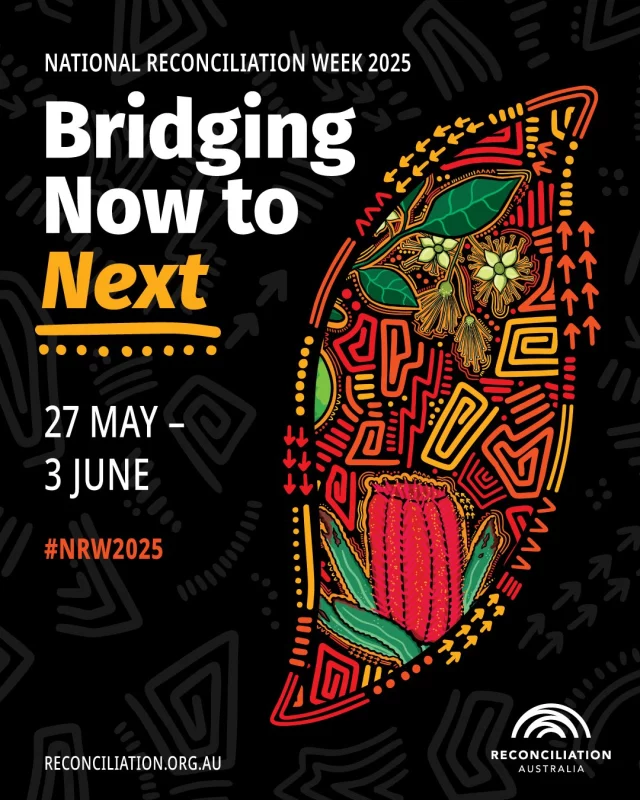Le donne che fanno uso di droghe sono particolarmente demonizzate e giudicate
Donne che usano droghe
05 aprile 2024
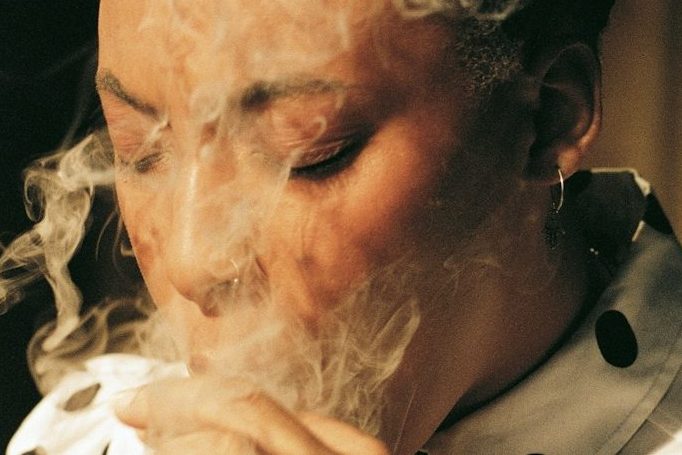
Ele, la nostra Direttrice dell'Advocacy, è stata invitata a parlare in un panel per la Giornata internazionale della donna. Le è stata posta la seguente domanda: "Come si presenta l'emancipazione economica per le donne che accedono ai servizi AOD e perché è importante?" Ovviamente, Ele ha dato una risposta stellare, quindi le abbiamo chiesto di raccogliere i suoi pensieri e condividerli con tutta la nostra comunità.
Il tema di "Inspiring Inclusion" per la Giornata internazionale della donna 2024 è un'idea interessante. Come persone che usano droghe (PWUD), in particolare droghe illecite, parliamo anche di inclusione, e lo facciamo da molto tempo. E di equità. E di parità. Ciò che di solito otteniamo, quando i media parlano di noi, quando i politici parlano di noi, anche quando alcuni dei nostri alleati parlano di noi, sono idee come "Hanno bisogno di supporto in modo che possano smettere di usare droghe in modo che possano reintegrarsi nella società e contribuire di nuovo alla comunità. Le donne che usano droghe sono particolarmente demonizzate e giudicate. Le donne che usano droghe e hanno figli, oh mio Dio, è allora che escono davvero gli artigli.
“Le donne che usano droghe sono particolarmente demonizzate e giudicate. Le donne che usano droghe e hanno figli, oh mio dio, è allora che tirano fuori gli artigli”.
Ele – Direttore AdvoCACY AT AIVL
Sappiamo già che le donne sono considerate in termini di relazioni familiari, la moglie, la madre, la donna che fa il lavoro femminile. Le donne tendono a essere impiegate in lavori più occasionali e part-time rispetto agli uomini, in lavori che sono considerati di minor valore e quindi sono pagati meno. Le donne sono anche solitamente le principali badanti per i bambini piccoli, gli anziani e i membri della famiglia che hanno disabilità o necessitano di cure extra.
Se a tutto questo si aggiungono lo stigma e la discriminazione di cui sono vittime le donne che fanno uso di droghe, il quadro è completamente diverso.
Sfide Affrontate dalle donne che usano droghe
- Accesso limitato ai servizi: Le donne che usano droghe non hanno alcun accesso o hanno scarso accesso ai servizi di riduzione del danno riservati alle donne o ai servizi di trattamento per alcol e altre droghe. Questo perché ce ne sono pochissime nel settore australiano con scarse risorse.
- Vincoli occupazionali: Le donne che fanno uso di droghe hanno meno probabilità di avere un lavoro che garantisca loro la flessibilità necessaria per accedere ai servizi di riduzione del danno o ai servizi di trattamento per la dipendenza da alcol e altre droghe.
- Stigma genitoriale: Le donne che usano droghe in gravidanza o hanno figli vengono segnalate ai servizi di protezione dell'infanzia quando cercano supporto, anche se stanno seguendo le raccomandazioni. È più probabile che perdano l'accesso ai loro figli per aver usato droghe senza prove di abuso sui minori.
- Assistenti primari: Le donne che fanno uso di droghe e che si prendono cura principalmente degli altri hanno meno possibilità di prendersi lunghe pause dal lavoro e dai doveri di cura per frequentare servizi di disintossicazione e riabilitazione.
Conseguenze delle barriere sistemiche
- Le donne che fanno uso di droghe possono sentirsi costrette a gestire da sole la propria vita e il consumo di droga.
- Le donne che fanno uso di droghe possono essere vulnerabili ai danni associati al consumo di droga, come l'overdose.
- Le donne che fanno uso di droghe possono essere vulnerabili ai danni associati all'essere donne, come violenza, salari più bassi, alloggi non sicuri, lavoro instabile e molte altre cose che non vogliono, non hanno chiesto e non meritano.
Finché non supereremo questo tipo di barriere, non avremo accesso ai servizi di cura per le donne né raggiungeremo una qualche forma di parità economica per le donne che fanno uso di droghe.
Finché non raggiungeremo una vera equità per le donne e non supereremo lo stigma e la discriminazione nei confronti delle persone che fanno uso di droghe, l'intersezionalità dell'essere una donna che fa uso di droghe continuerà ad avere conseguenze peggiori per tutte noi.
Un invito all'azione:
Non parliamo solo di inclusione ispiratrice in questa Giornata internazionale della donna. Lavoriamo attivamente per questo. È tempo di riconoscere le lotte uniche affrontate dalle donne che usano droghe. Smantellare le barriere e spianare la strada a un futuro in cui equità, rispetto e supporto siano estesi a tutti, indipendentemente dal loro percorso.

